Quality Control Orders (qco) Setting The Standard For Global Competitiveness
Share Post
The textile industry is not just a pillar of the global economy; it's a symbol of cultural heritage and innovation. In India, the textile sector accounts for over 2.3% of the GDP and approximately 4% of the global trade in textiles and apparel. To maintain this significant contribution, product quality is essential. This is where Quality Control Orders (QCO) come into play, ensuring that every product meets high standards for both domestic and international markets. QCOs represent a bold step towards boosting India’s reputation as a producer of quality textiles, from everyday fabrics to advanced technical textiles.
Quality Control Orders (QCO) in Textile Industry are regulatory mandates issued by ministries within the Indian government, specifically designed to curb the import of substandard textiles and ensure the availability of quality products in the market. The Bureau of Indian Standards (BIS) plays a crucial role in certifying compliance with these orders, ensuring that the textile sector aligns with global benchmarks. Notably, international fiber manufacturers supplying to India must now obtain BIS certification, an essential move to safeguard quality at all levels.
The Importance
Quality Control Orders (QCOs) play a critical role in shaping the textile industry, influencing multiple key areas such as consumer protection, global competitiveness, and the overall reputation of Indian textiles. Let’s break down how QCOs impact the sector at various levels:
Consumer Protection: QCOs ensure that every product manufactured adheres to stringent safety and quality standards. This guarantees that consumers receive reliable, high-quality textiles, safeguarding their interests and enhancing their overall experience with Indian products.
Global Competitiveness: With QCOs in place, Indian manufacturers are pushed to adopt international best practices, making their products more appealing in the global market. The elevated standards help Indian textiles compete more effectively with global brands, strengthening their presence in international trade.
Uniformity and Trust: QCOs establish a uniform set of standards for textile products across the board. This uniformity fosters trust, not just domestically, but also internationally, as buyers and consumers know they can rely on the consistent quality of Indian textiles.
The Impact
By adhering to QCOs, companies can significantly enhance their credibility and reputation. Compliance with these standards opens doors to larger and more competitive markets, boosting consumer trust. As brands maintain high-quality standards, they position themselves for expansion into global markets with greater confidence and competitiveness. The entire textile industry benefits from the implementation of QCOs. These orders reduce confusion in the market by standardizing quality benchmarks.
This clarity encourages innovation within the industry, as manufacturers strive to meet and exceed these set standards.
As a result, the Indian textile industry becomes more competitive and efficient on a global scale. At a national level, QCOs play a crucial role in driving economic growth. High-quality exports increase demand in the international market, boosting India's gross domestic product (GDP). As Indian textiles gain a reputation for quality, the country benefits from increased job opportunities and a stronger presence in global trade.
The Benefits
In today's highly competitive market, product quality and safety have become key differentiators. Quality Control Orders (QCO) have emerged as a significant regulatory framework that addresses the quality, consistency, and safety of products across various industries, especially in the textile sector. Under the purview of the BIS, QCOs play a vital role in ensuring that manufacturers adhere to certain standards, promoting trust among consumers, and improving the overall competitiveness of Indian products globally.
Ensures Product Safety and Quality
One of the primary benefits of QCO is that it mandates adherence to BIS standards, ensuring that products meet specified safety and quality benchmarks. This is especially critical in the textile industry, where the quality of fabrics, yarns, and technical textiles can significantly impact performance, durability, and user satisfaction. QCO sets out clear guidelines for material strength, chemical compositions, and manufacturing processes, ensuring that only compliant products enter the market. For example, under QCO, cotton products are subjected to strict regulations that guarantee fiber strength, weaving quality, and dyeing standards. This prevents the circulation of inferior quality fabrics, thus protecting consumers from products that may shrink, fade, or deteriorate quickly. In turn, this encourages manufacturers to maintain high production standards and minimize errors during manufacturing.
Boosts Consumer Confidence
Consumers are increasingly aware of product quality and safety, especially in the textile and apparel sectors. When they see products certified under BIS standards as per QCO, they can trust that these items are safe, durable, and manufactured in line with industry standards. By offering a guarantee of quality, QCO helps to build consumer confidence and encourages customers to make informed purchasing decisions. In sectors like technical textiles, where products such as geomembranes and geobags are used in infrastructure and environmental protection, ensuring quality becomes even more important. Products that fail to meet necessary specifications can cause structural failures or environmental harm, leading to significant economic and ecological damage. QCO certification ensures that these critical products are tested for reliability and performance, mitigating risks for end-users.
Protects Domestic Industries from Substandard Imports
QCO plays a key role in protecting domestic industries from low-quality imports. By setting rigorous standards for product quality, QCO helps Indian manufacturers compete against cheaper, substandard imports that often flood the market. Without these standards, the market would be vulnerable to imported products that may not meet local quality or safety regulations. For instance, in the technical textiles market, products such as Laminated High-Density Polyethylene (HDPE) Woven Geomembranes and Poly Vinyl Chloride (PVC) Geomembranes are used extensively in construction, agriculture, and infrastructure projects. By enforcing high-quality standards through QCO, Indian manufacturers are shielded from substandard imported alternatives, ensuring that only high-performance, reliable products are used in critical applications.
Enhances Global Competitiveness
In an increasingly globalized world, adhering to international quality standards is essential for businesses aiming to expand into overseas markets. QCOs enable Indian manufacturers to meet international quality benchmarks, making their products more competitive globally. By complying with BIS standards, Indian products gain a stamp of quality that is recognized and respected across various international markets.
For example, QCO-compliant jute geotextiles are now gaining traction in global markets as an eco-friendly, sustainable alternative to synthetic geotextiles.
This standardization ensures that Indian jute products can compete on the same , level as those from other leading exporters expanding opportunities for trade and export. In this way, QCO enhances India's reputation as a producer of high quality goods, opening doors to new international markets and helping the country achieve its export targets.
Encourages Innovation and Technological Advancement
One of the lesser-known benefits of QCO is its ability to drive innovation within industries. By setting high quality benchmarks, QCO encourages manufacturers to adopt advanced technologies and innovative practices to comply with these standards. This push for innovation not only improves the quality of products but also promotes efficiency in manufacturing processes. For instance, manufacturers of technical textiles are now investing in research and development to create more durable, environmentally friendly materials that comply with QCO regulations. As a result, there is a growing trend toward producing biodegradable or recyclable materials, particularly in sectors like coir and jute geotextiles. These innovations not only meet the requirements set by QCO but also address the growing global demand for sustainable and eco-friendly products.
Safeguards Public Interest and Sustainability
QCO plays a critical role in safeguarding public interest by ensuring that products used in public infrastructure, environmental projects, and consumer markets are of the highest quality. In the context of the textile industry, products such as geomembranes and geobags are used for coastal and waterway protection. Their failure could result in significant damage to public resources and the environment. QCO ensures that such products meet stringent specifications for durability, strength, and environmental compatibility, minimizing the risk of failures and protecting public investments. Moreover, QCO promotes sustainability by encouraging the use of environmentally friendly raw materials and processes. Standards for products like jute geotextiles and open-weave coir bhoovastra focus on promoting biodegradable and sustainable alternatives to synthetic materials. By setting benchmarks for the use of natural fibers, QCO aligns with India's broader sustainability goals and fosters an industry shift towards greener production practices.
Supports Government's Vision of “Atmanirbhar Bharat”
The introduction of QCO aligns with the Indian government's vision of creating a self-reliant (Atmanirbhar) India. By standardizing the quality of I ndian products and promoting domestic manufacturing, QCO ensures that Indian industries become less dependent on imports while boosting local production capacity. This shift supports the growth of local industries, creates job opportunities, and strengthens the domestic economy. In sectors like technical textiles, QCO facilitates the development of high-quality products that meet both domestic and international demand. Indian manufacturers can confidently produce goods that adhere to the highest standards, supporting the government's goal of transforming India into a global manufacturing hub.
04:25 PM, Dec 18
Source : Quality Control Orders (qco) Setting The Standard For Global Competitiveness
Other Related Topics

Rieter Issues Market Update on Completion of Barmag Acquisition
10:33 AM, Dec 20




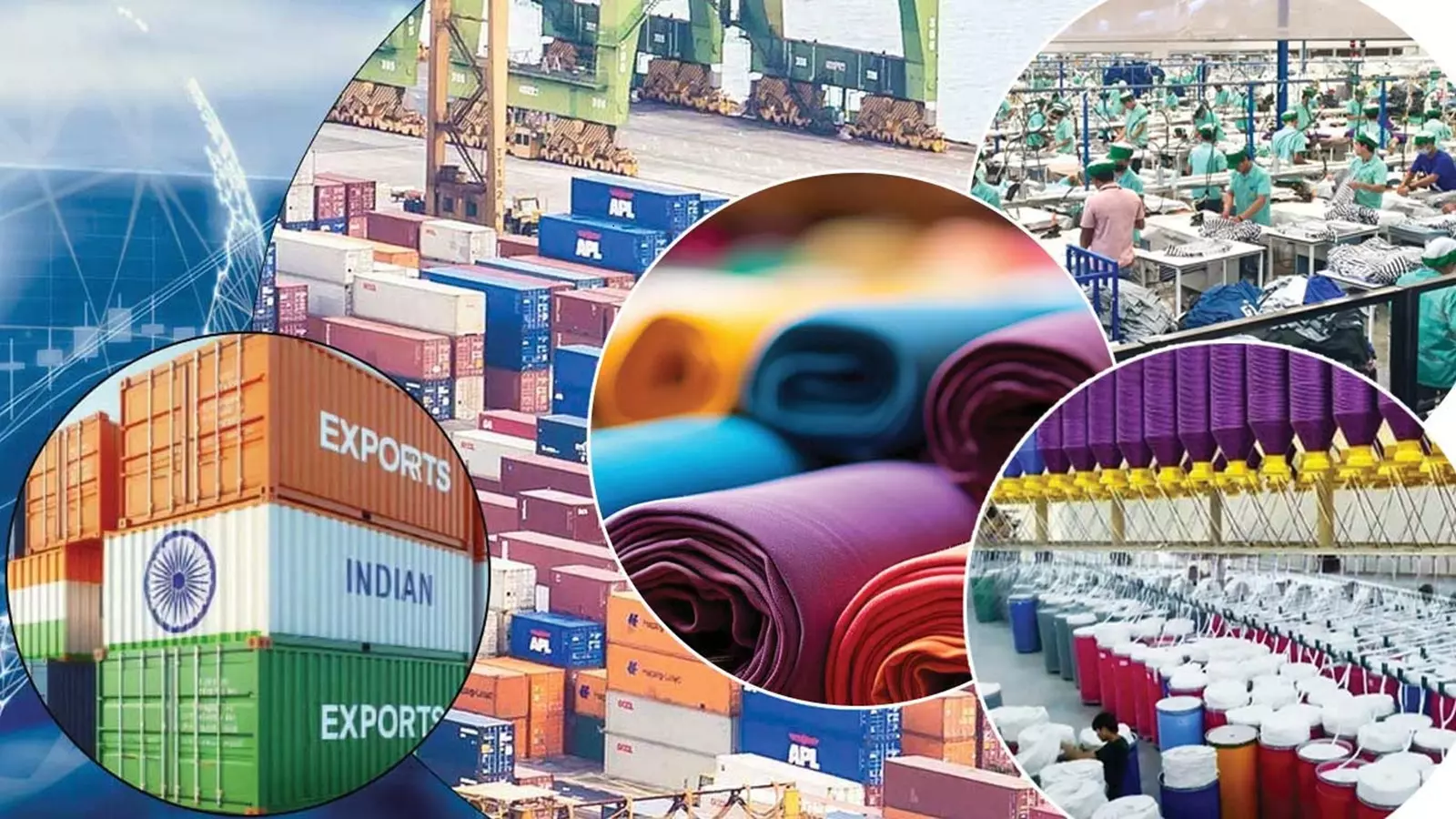
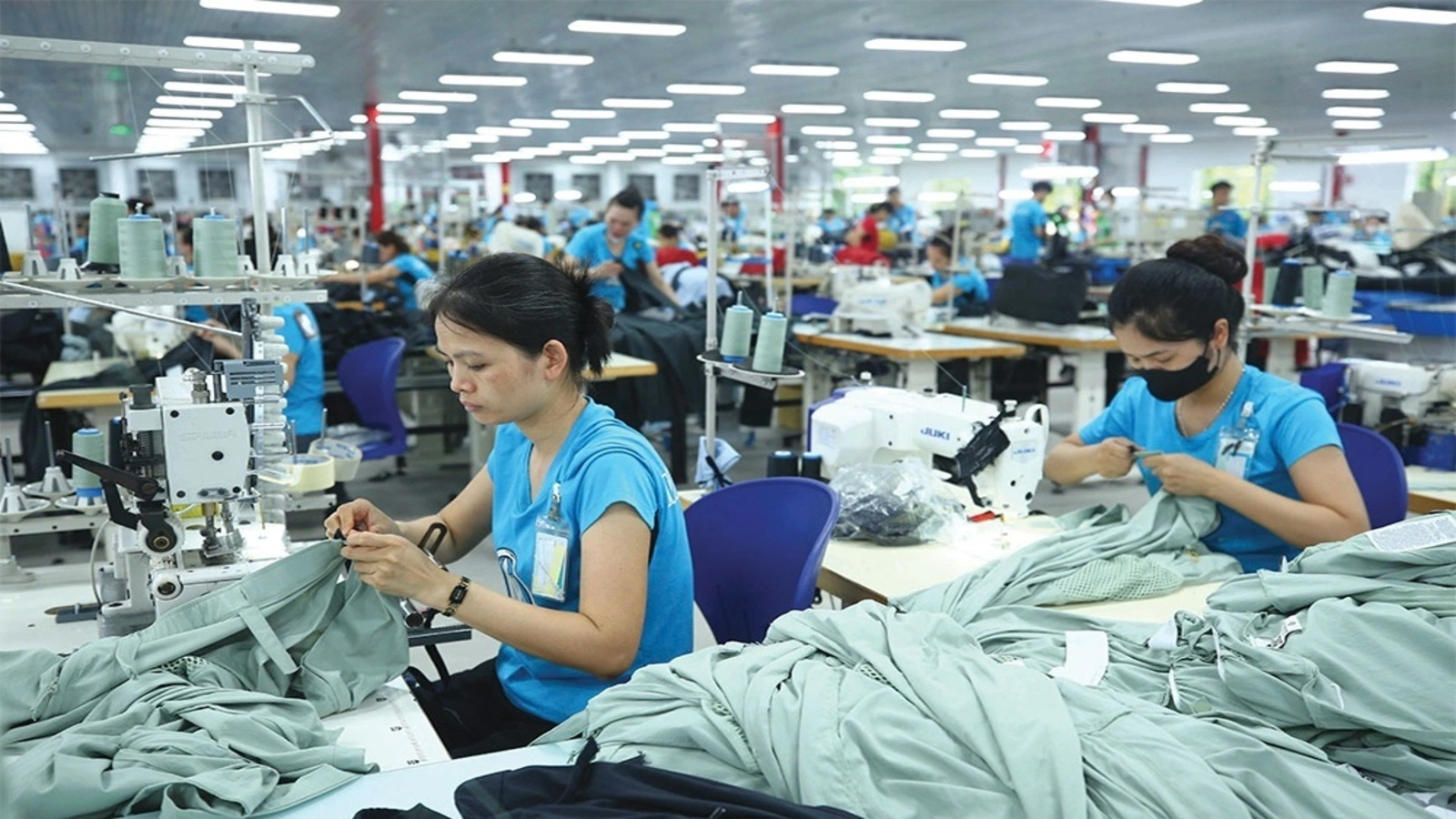
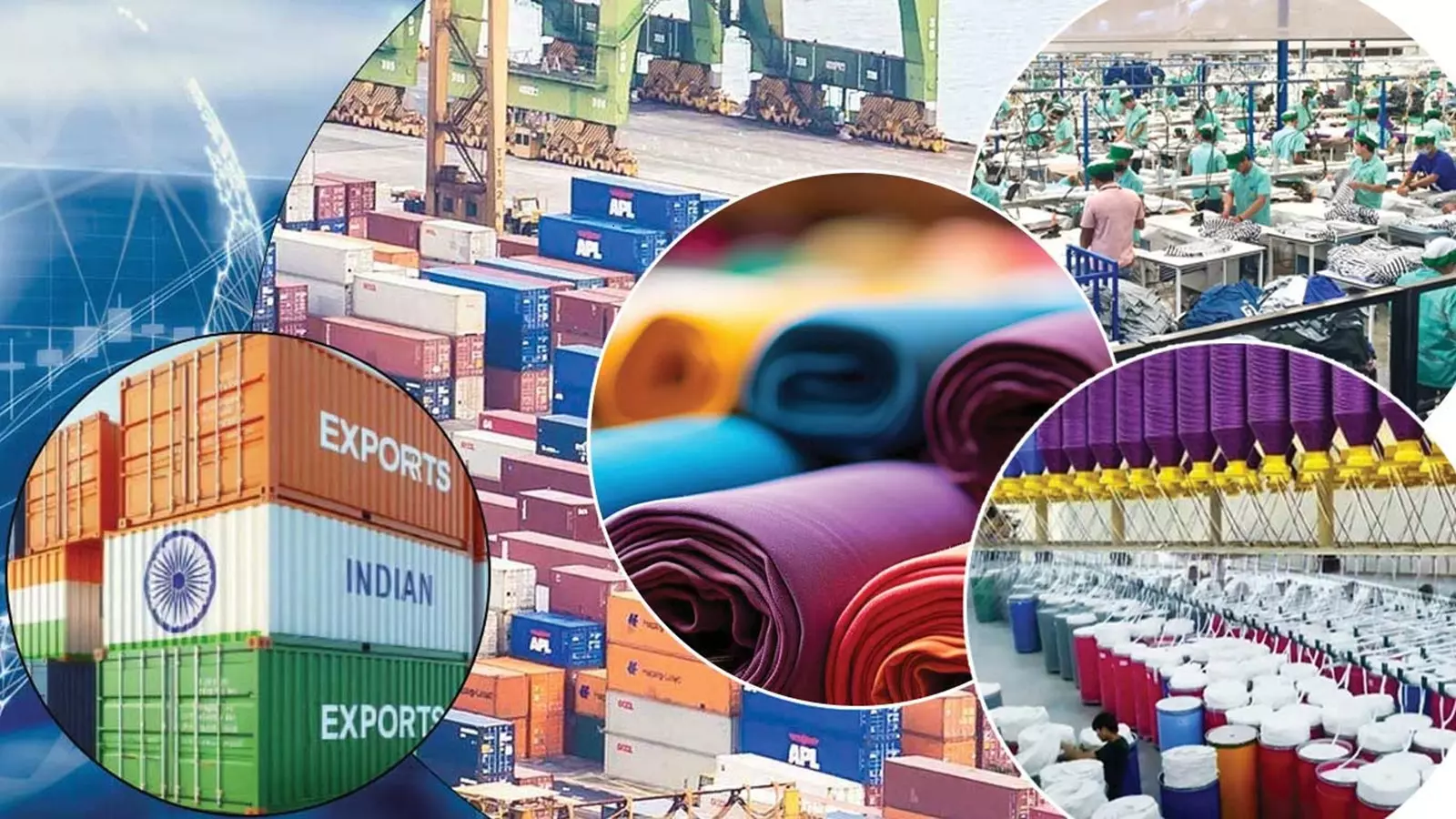


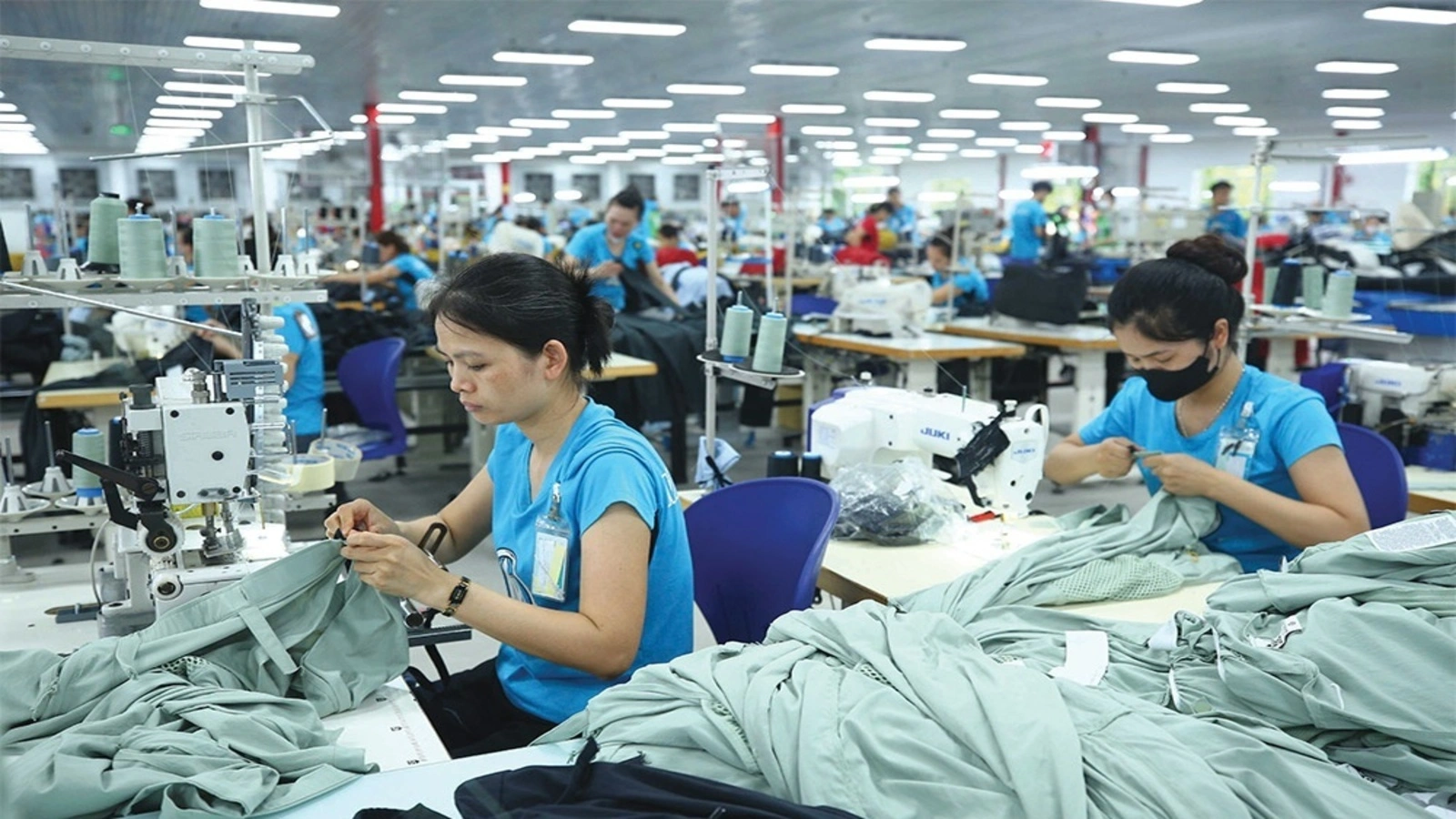

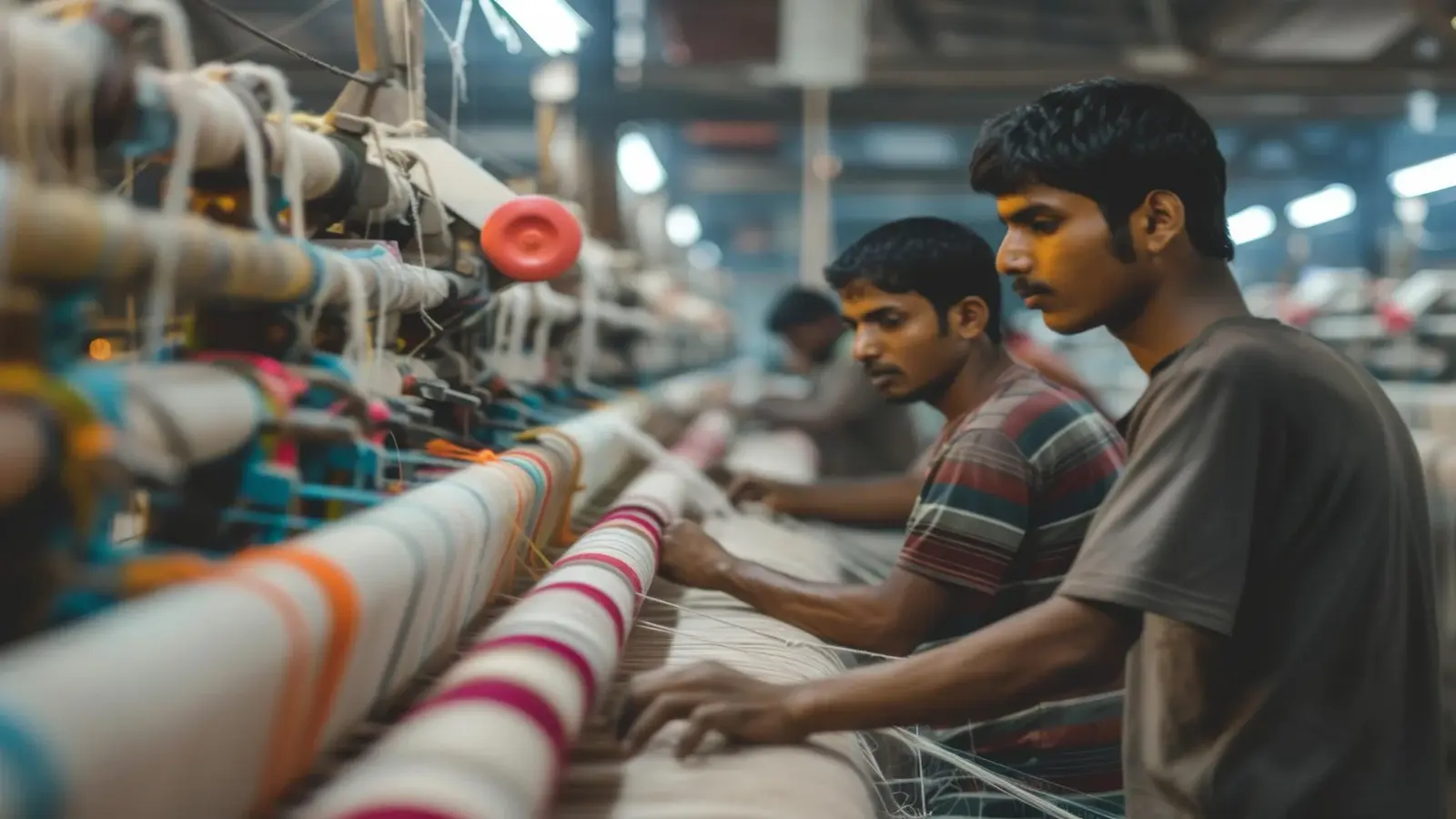

1.webp)
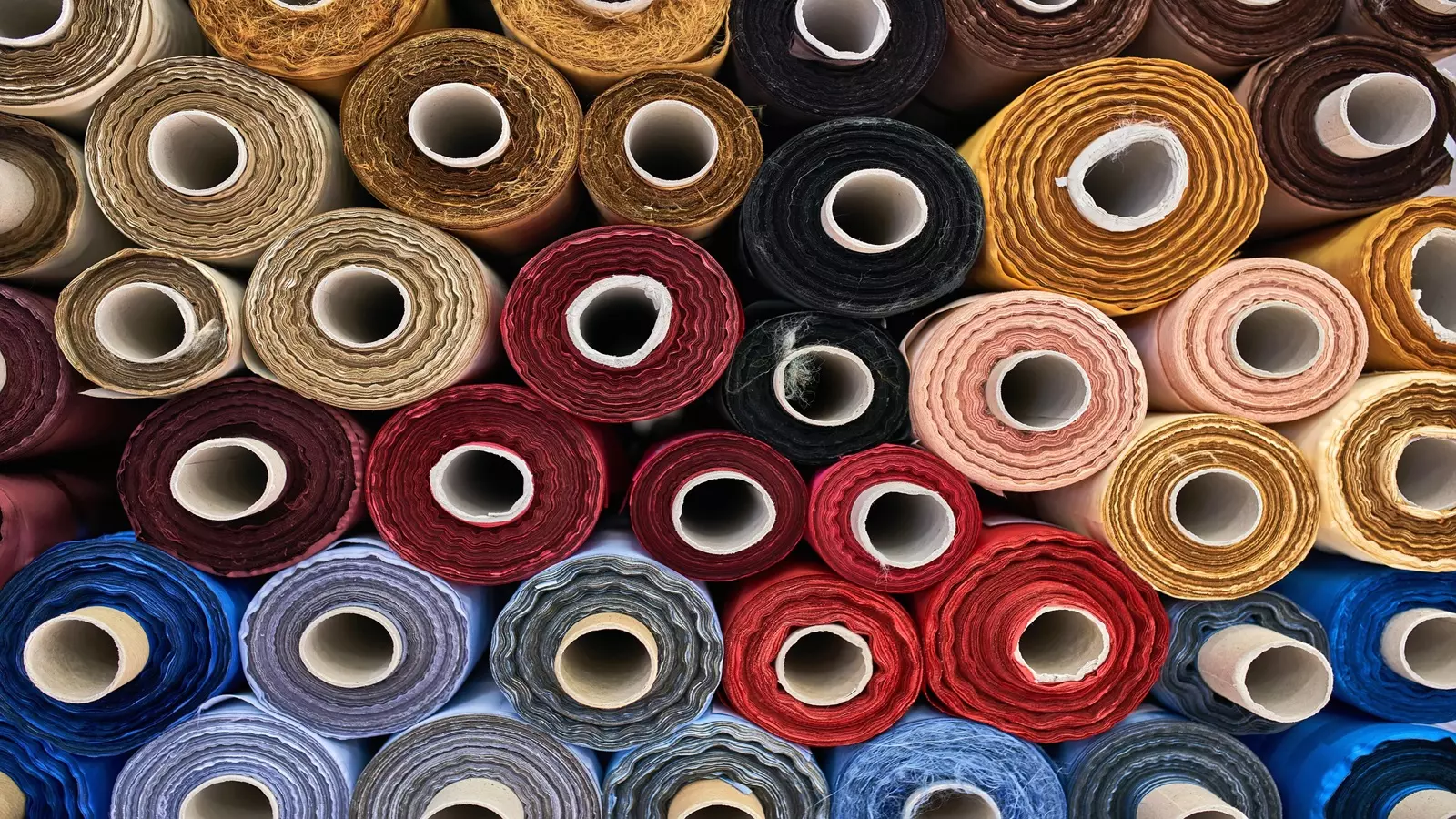





1.webp)

1.webp)
1.webp)
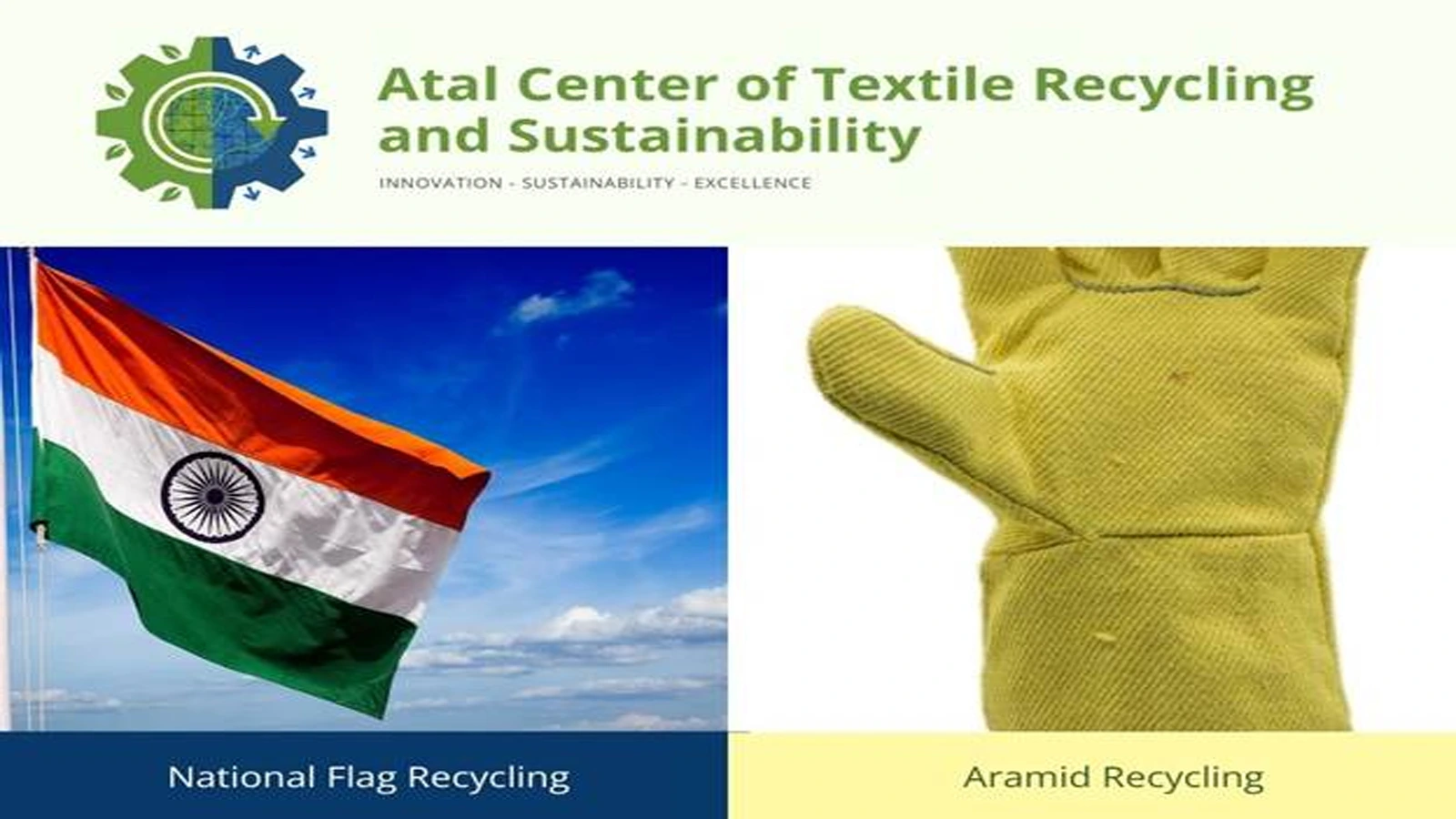
1.webp)

1.webp)

.webp)

1.webp)
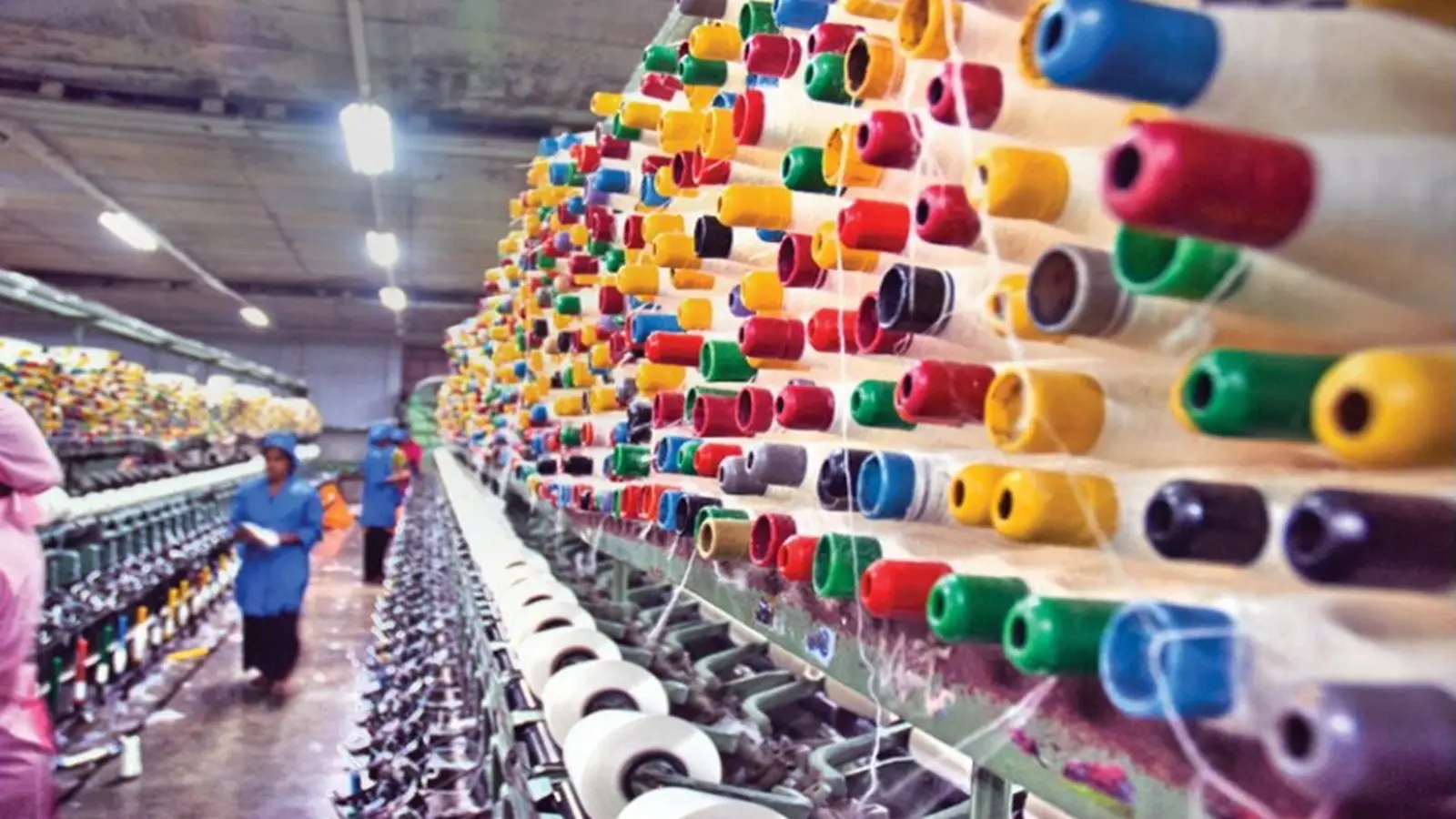
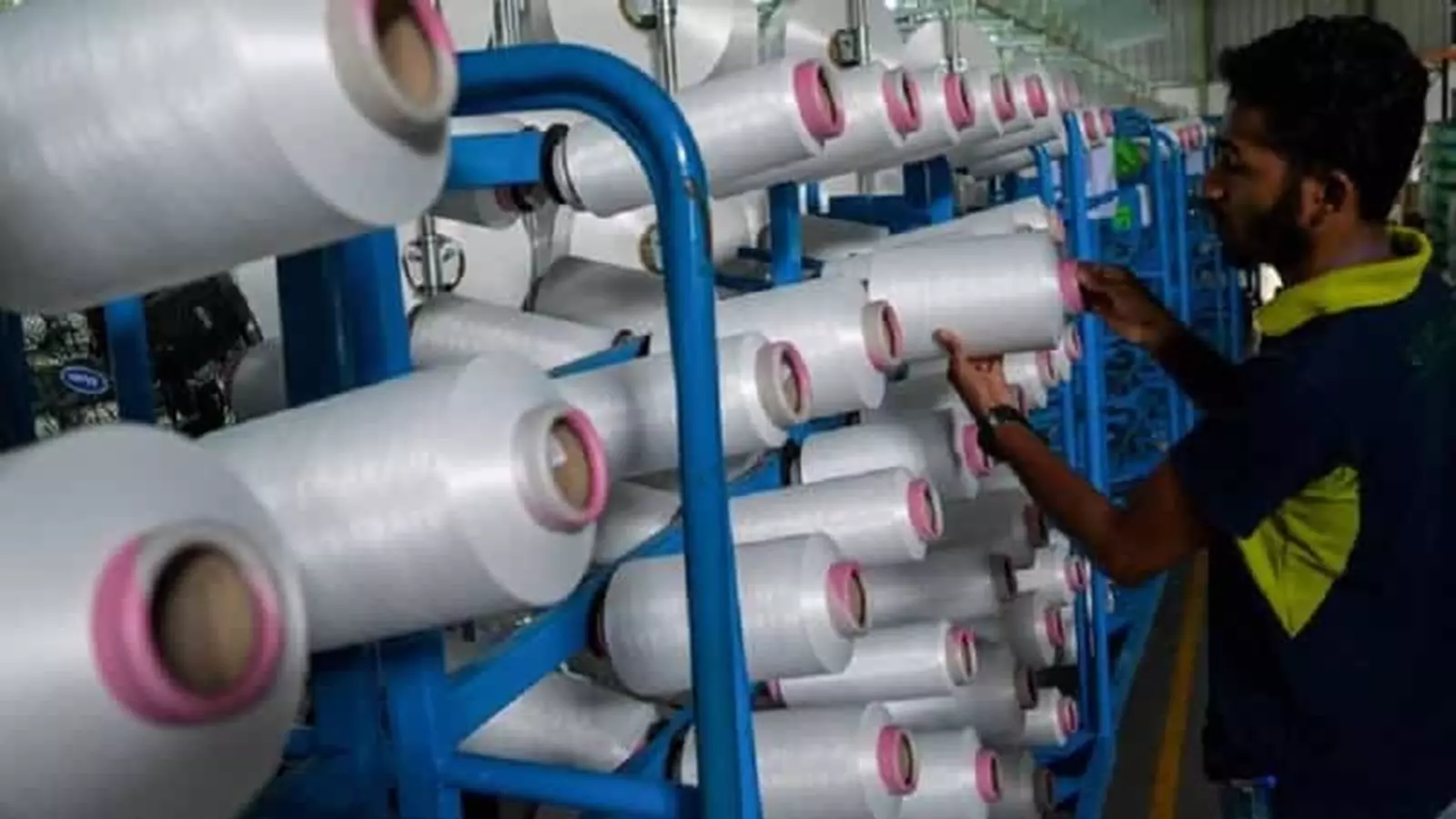

1.webp)








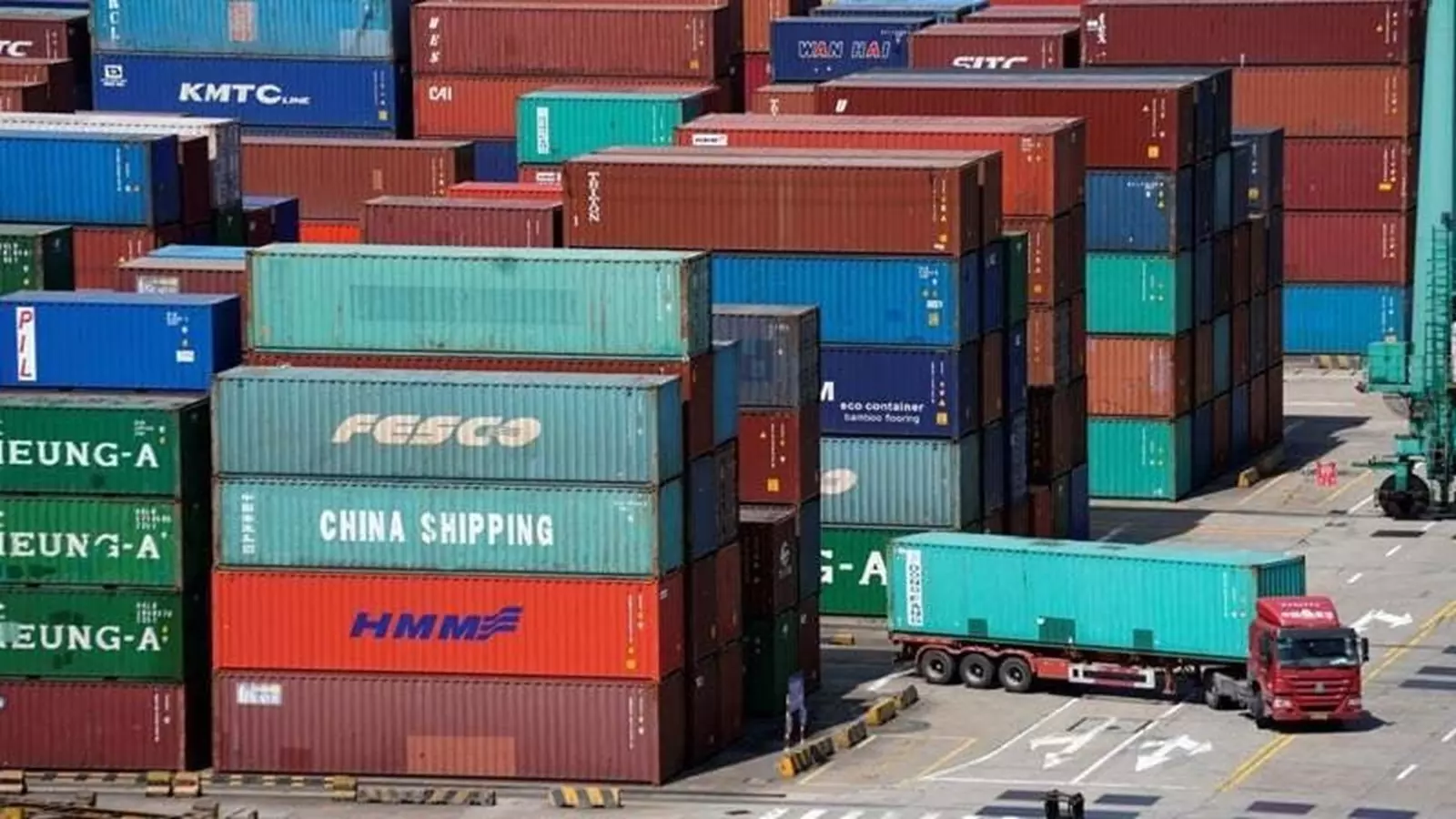
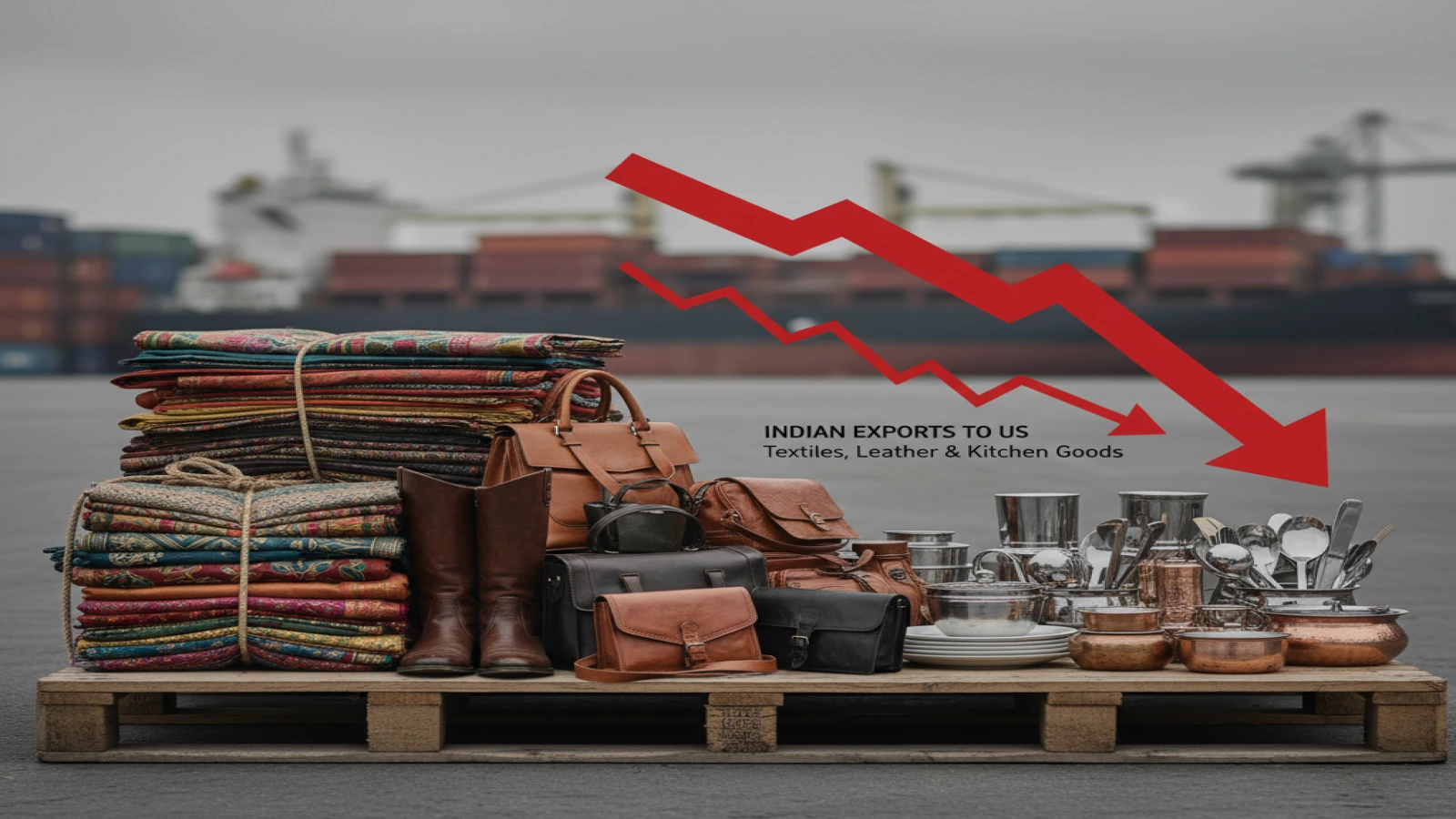



1.webp)






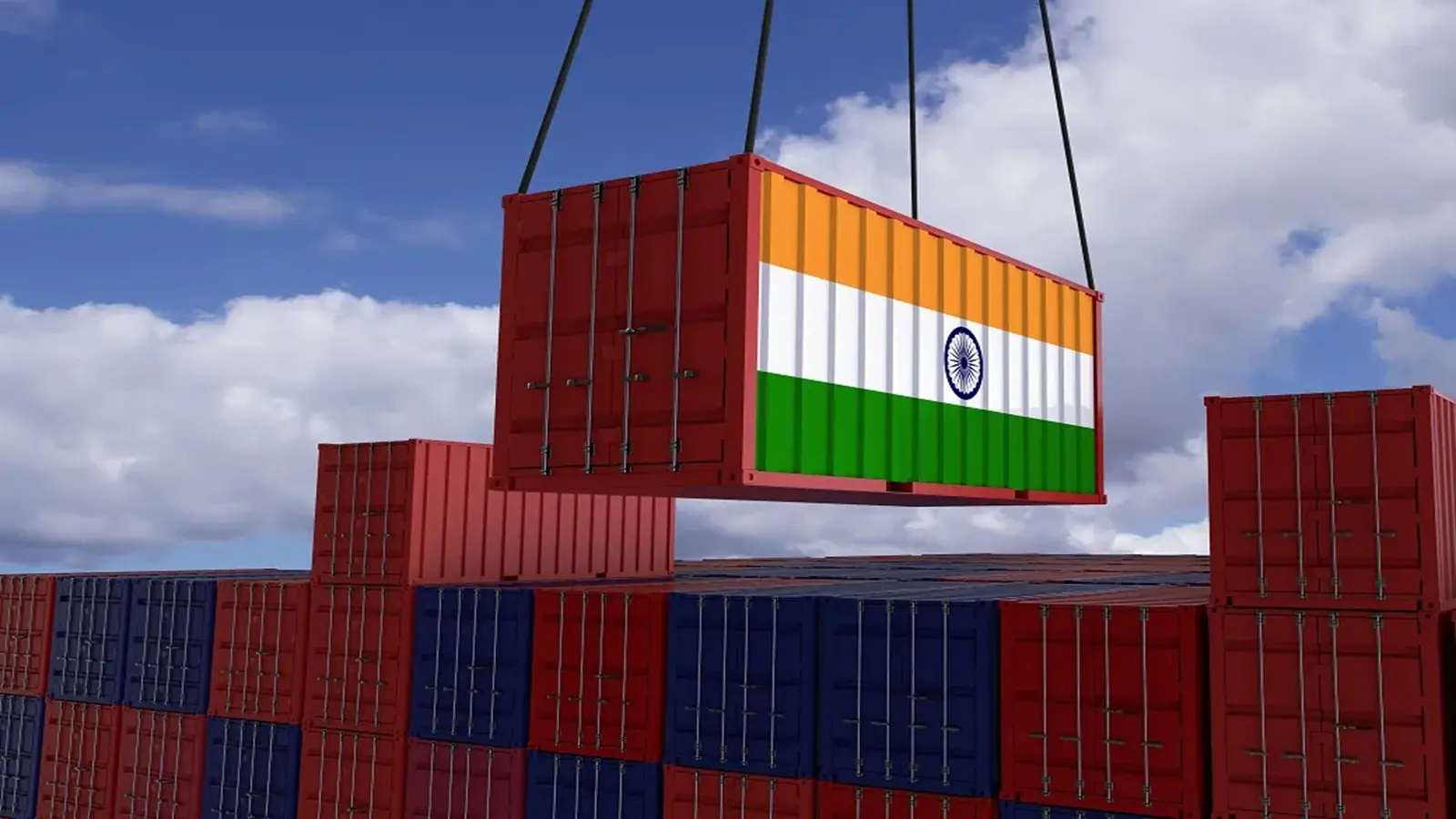

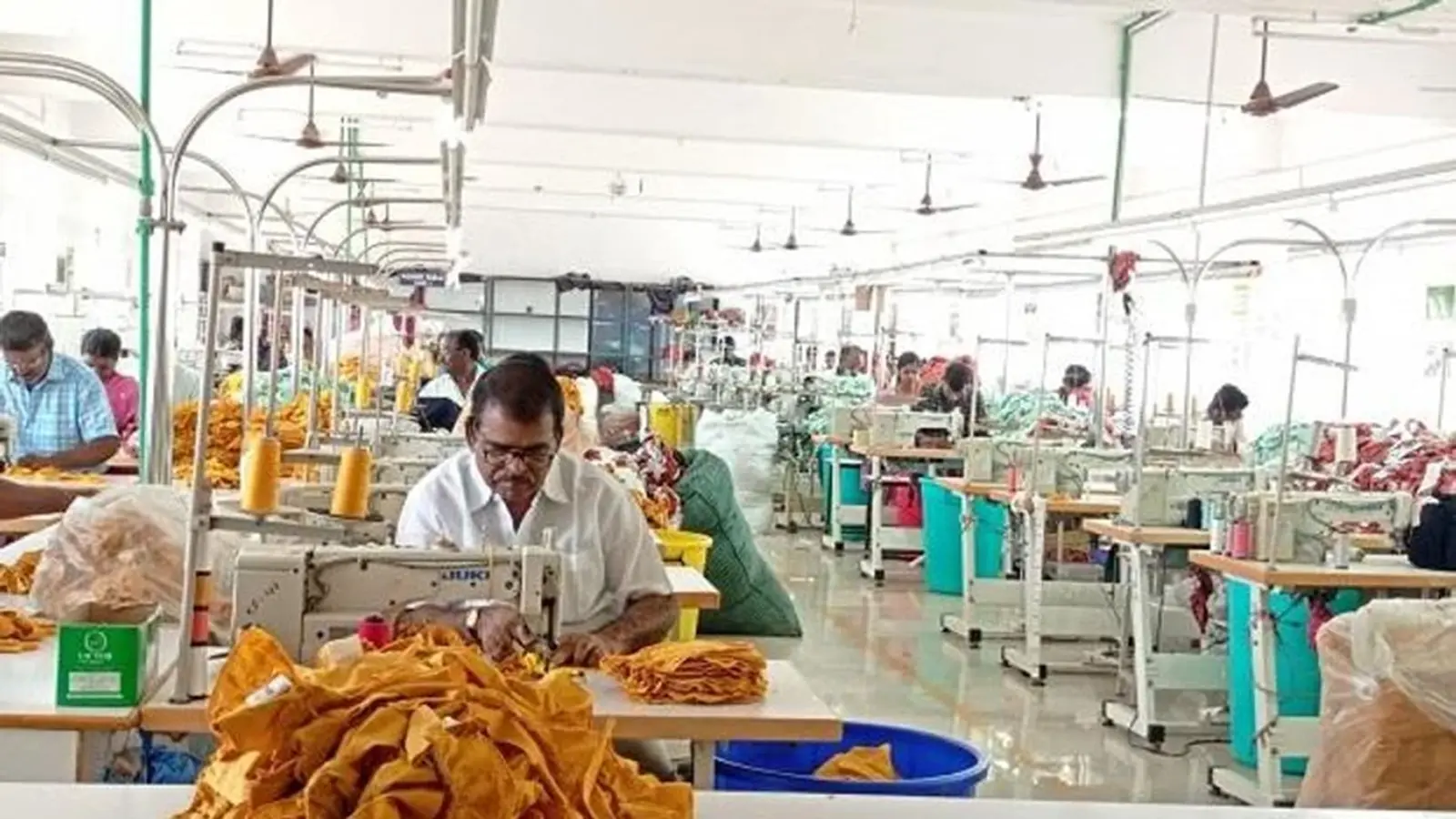



1.webp)


1.webp)


























1.webp)






















1.webp)





1.webp)
1.webp)















1.jpg)






















1.jpg)




























_large1.jpeg)

























































.png)










.jpg)
.jpg)
.jpg)










1.jpeg)